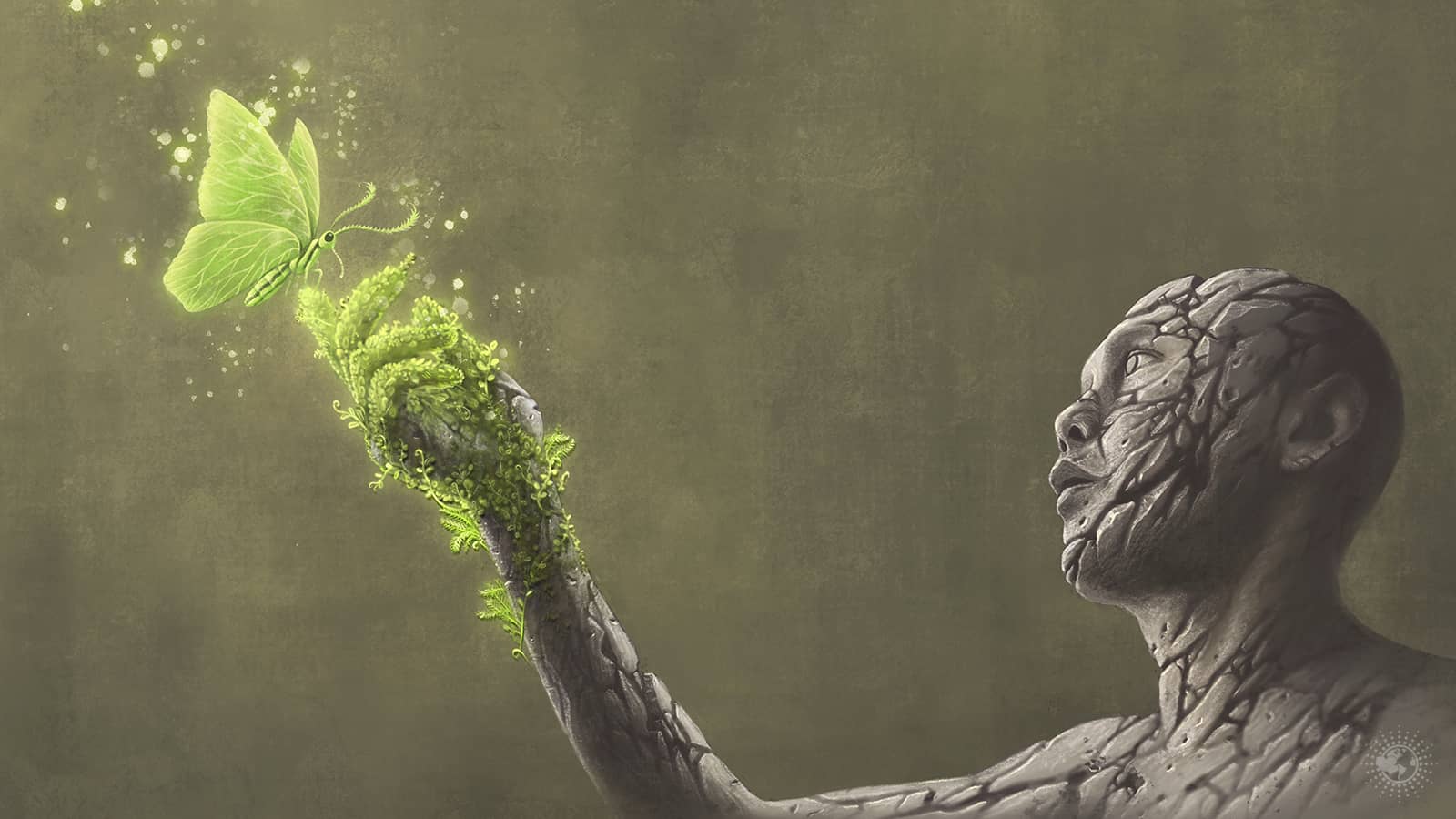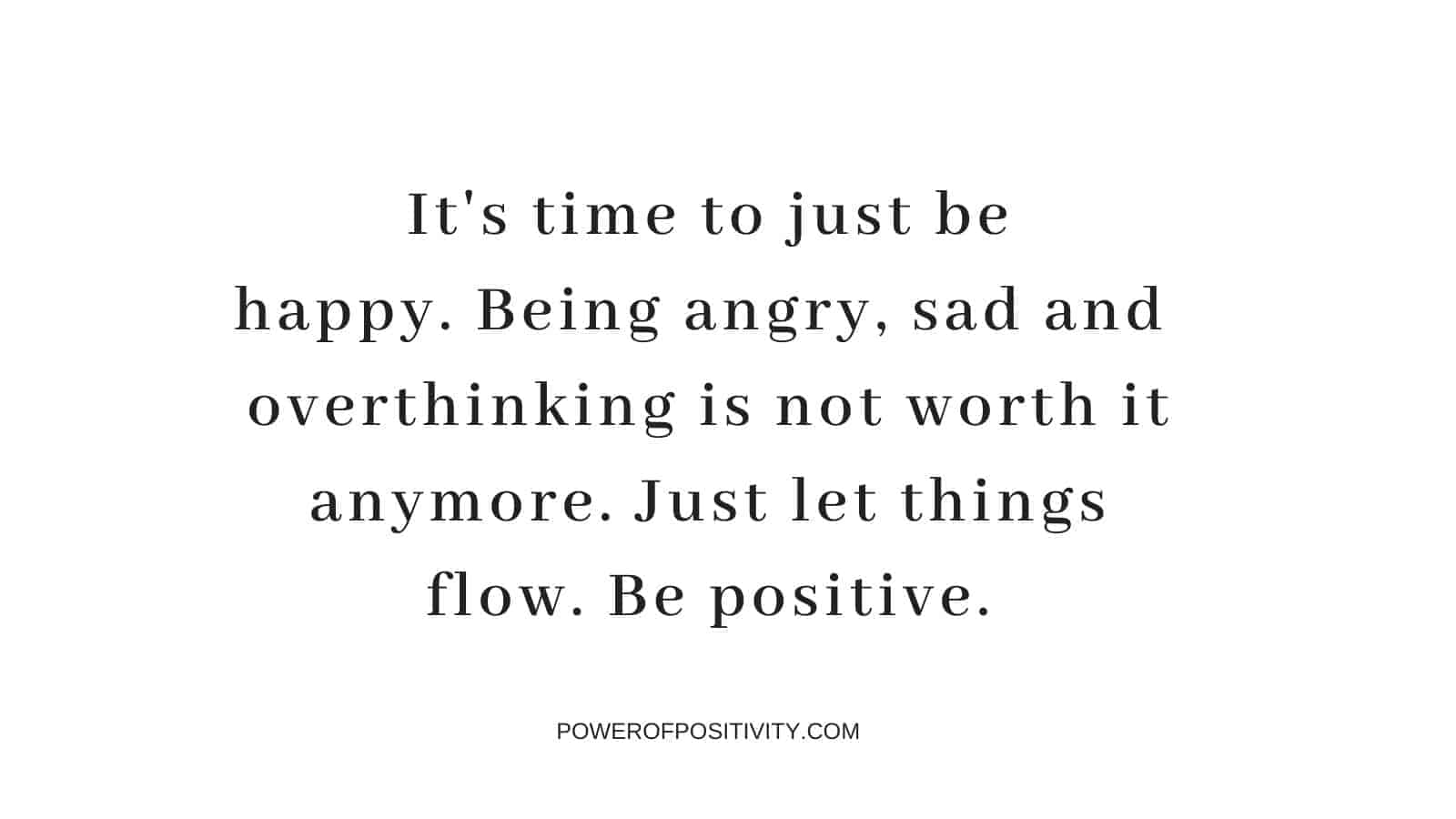We’ve all had those mornings when we want to cover our heads and make the world disappear. It’s normal to experience a mild depressive state or the blues occasionally. But what if that sadness and fog lingers and makes you lose hope?
When you say that you’re depressed, you probably equate it with feeling down or in a bad mood. Often, these uncomfortable feelings will resolve in a couple of days. However, major depressive disorder, or MDD, is a mental illness that can last for weeks, months, or years if left untreated.
Did you know that MDD is the most prevalent mental disorder, and at least 7.1 percent of Americans are diagnosed with it annually? The disease often affects more women than men and has higher instances in those 18-25 years of age. It can also resurface after long periods between episodes.
Signs & Symptoms of Major Depressive Disorder
How do you know if you’re having a crummy day or clinically depressed? Since many of its tell-tale signs may be present in other diseases and disorders, you must consult your professional healthcare provider. These are common signs and symptoms of MDD to notice.
- Chronic sadness, despair, and loss of hope
- Feeling helpless, guilty, and worthless
- No longer interested in past activities or hobbies
- Not in the mood for romance
- Loss of energy and extreme fatigue
- Change in sleeping patterns such as insomnia or oversleeping
- Mental difficulties with concentration, memory, and decision making
- Change in eating habits, weight loss or weight gain
- Constant stress, boredom, and irritability
- Preoccupation with death or suicide ideology
- Chronic pain and digestive disorders with no diagnosable causes
Everyone is different, and you may not experience all these symptoms or the same intensity as another person. Only your healthcare provider or a mental health specialist is qualified to interpret and diagnose your case. From there, you can discuss the best treatment options.
What Causes MDD and Can You Cure It?
Although scientists aren’t optimistic about what causes depression, studies suggest that a combination of factors is responsible. Major depressive disorder may be rooted in brain chemical imbalances, heredity, or environmental factors. These may work together to create the perfect storm that can depress you mentally, physically, emotionally, and spiritually.
Currently, there is no cure for MDD. However, a holistic approach can help minimize the symptoms so you can continue living a healthy, meaningful life. After your diagnosis, your care plan will be tailored to fit your needs.
Most mental health experts agree that the optimal treatment for this mental disorder is a combination of medication and therapy. The prescription drugs and type of treatment will vary according to each patient. The good news is that statistics demonstrate at least 80 percent of depressed people see positive results from their treatment within 6-8 weeks.
For most people diagnosed with a major depressive disorder, healthcare providers usually prescribe antidepressants. These drugs target areas of the brain that are responsible for mood hormones and receptors. It may take trial and error for your mental health professional to find the antidepressant that works best.
If you’ve been diagnosed with MDD or another depressive disorder, you may also gain positive results from therapy. The usual therapeutic approaches include cognitive behavioral and psychotherapy. Your mental health provider may recommend other ways of coping with a depressive disorder that you can do at home.
10 Ways to Find Hope and Beat Your Depressive State
A diagnosis of major depressive disorder can be a mixed blessing. While you’re relieved that you finally have some answers, you may be apprehensive about your prognosis. With support from your medical team, friends, and loved ones, you have hope.
Whether you have an occasional bout of the blues or your symptoms point to MDD, you can do things to revitalize your hope and well-being. There are ideal suggestions to supplement your prescribed mental health care plan.
Do you want to awaken in the mornings with joy and a zeal for life? Are you ready to push through the negative clouds of a depressive disorder and bask in the light of hope? Here are ten helpful suggestions for you to consider.
1. Defeat Negative Thought Patterns
Media tycoon Oprah Winfrey says that you have the power to change your future by changing your attitude. One of the most self-defeating symptoms of a depressive episode is continual negativity. When you are pessimistic and pepper your thoughts and conversations with pessimism, it naturally breeds negative emotions and more negativity.
Challenge these toxic thought patterns with rationality. Does everyone hate you? Is there truly nothing positive in your life? When you begin to identify false and irrational beliefs, you can reverse your attitude and glimpse the silver-lined clouds.
2. Make Gratitude a Habit
Some enlightened people once contemplated how it would feel for us only to have the things today that we were grateful for yesterday. When was the last time you sat down and considered how fortunate you are? Once you start counting your blessings, you’ll wonder how you ever felt inferior in the first place.
To make gratitude part of your daily habits, consider keeping a journal. It can be as simple or elaborate as you like, and you can write down your thoughts and blessings for each day. Review past entries and see how the despair has lifted with your grateful attitude.
3. Identify Your Goals
You needn’t wait until you are diagnosed with a terminal illness to accomplish what you’ve always wanted. Whether you call it your goals or a bucket list, make a list of your dreams. You can get your partner or a trusted friend to help you if you like.
Consider creating an inspiration board that you can look at each day. Find pictures of beautiful things and places that correspond to your goals and arrange them on a poster board however you want. Beat the blues by concentrating on your goals and deciding how to make them a reality.
4. Get a Daily Dose of Laughter
Sacred texts from many cultures recommend laughter as a healing balm for body, mind, and spirit. Nothing lifts your spirits quite like a genuine belly laugh. Are there things in your life that make you smile or giggle when you see or think about them?
Bring a dose of humor into your day by watching a comedy or listening to some new jokes. Do you take life too seriously? As the Ancient Greek philosopher, Epictetus once remarked with a twinkle in his eye that those who learn to laugh at themselves will always keep themselves amused.
5. Adopt a Pet
Countless studies have shown the benefits of owning and loving a pet. Forgo the pet shop and consider adopting a dog or cat from your local shelter. Caring for your furry friend and sharing its unconditional love may boost the hope you need to banish depressive episodes.
6. Create a Routine
When you are plagued with depressive and anxious thoughts, you can often find comfort in routine. Discover the joy in simple habits, like savoring a cup of tea before bedtime or reading a book with your kids. Even washing the dinner dishes or walking to the mailbox can ease your mind with continuity and familiarity.
7. Spend Time Outdoors
Not only does the sun provide life-sustaining Vitamin D, but it is a natural mood enhancer. Try to spend some time enjoying the wonders of nature all around you. Take a walk through a park or forest and observe the majesty of the trees, flowers, and antics of the little woodland creatures.
8. Get Up and Going
Spending too much time as a couch potato in front of the TV wreaks havoc on your physical and mental health. Did you know that exercising at least 20-30 minutes a day can keep depressive moods at bay? Try walking or moderate exercises recommended by a fitness expert.
9. Go on a News Fast
Even if you don’t have anything to depress you, reading or watching the daily news report can smother the most upbeat person. While it’s wise to stay informed, you may be among the millions of people who are anxious and overwhelmed by conflicting news reports. Give yourself a break from the newspaper and network news for a while.
10. Phone a Friend
Maybe the root of your depressive mood is that you need some emotional support. Call a friend or loved one and share your feelings. The time you share can benefit both of you.
Make it a habit to connect with your person at least once a week. Chat on the phone, online, or meet for lunch. Emotional support is vital when you hope for a mood boost.
 Final Thoughts on Finding Hope and Beating Major Depressive Disorder
Final Thoughts on Finding Hope and Beating Major Depressive Disorder
There’s hope when you feel trapped by the strong arm of MDD. Talk to a mental health professional about your treatment options to find one that’s right for you. With professional intervention and trying these helpful suggestions, you can cope with major depressive disorder and enjoy your life again.




















